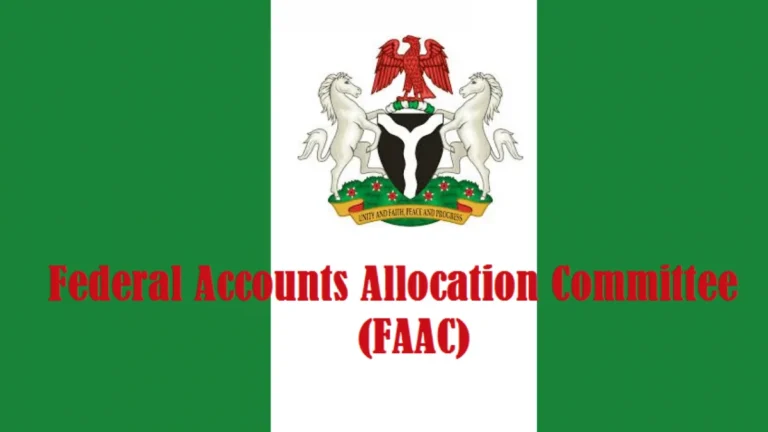Efforts to implement the Supreme Court’s ruling granting full autonomy to Nigeria’s 774 local government areas (LGAs) have hit a major roadblock as some state governors are reportedly blocking council chairmen from opening Central Bank of Nigeria (CBN) accounts for direct allocation payments.
Nearly nine months after the Supreme Court’s landmark judgment affirming local government autonomy and mandating direct federal allocation payments, implementation remains slow and contested. The Federal Government, in compliance with the ruling, established a panel that recommended the CBN open individual accounts for all LGAs. However, the process has faced setbacks, as both the apex bank and LGAs trade blame for delays.
According to findings, only Delta State LGAs have so far submitted account details, as revealed at a recent meeting of the Federation Account Allocation Committee Technical Sub-Committee.
One of the major sticking points is the reluctance—or outright refusal—of several governors to allow local council chairmen to open CBN accounts. Investigations by The PUNCH indicate that these governors have resorted to pressure tactics, issuing direct warnings to their LG chairmen not to cooperate with the CBN’s directive.
In the South-East, a council chairman speaking under anonymity disclosed that attempts to negotiate a compromise with their governor—offering to remit 50 percent of the LG allocation back to him—were rejected outright.
“Our governor has threatened us (all the chairmen in the state) not to open accounts with the CBN for the direct payment of our allocation,” the chairman said. “We even tried to beg him, seeking to strike a deal…but he disagreed. So, this is where we are for now.”
The resistance by governors is largely driven by concerns that direct CBN payments would cut off their long-standing access to local government funds. This concern, sources say, is shared by a majority of governors across the country, although a small number appear open to the idea of LG autonomy through CBN accounts.
Some governors recently met with President Bola Tinubu, reportedly proposing that LGs should be allowed to open accounts with commercial banks instead—a move that has raised questions about the President’s stance on the matter.
While political control is a central factor in the governors’ pushback, technical hurdles have also emerged. A South-West LG chairman revealed that CBN’s requirements, such as the submission of two-month account statements, are proving difficult due to the fact that most LGs don’t independently manage their funds.
“As simple as that condition may look, all council areas here in our state can’t meet up. Most states can’t meet up simply because their governors are the ones spending their allocation,” the chairman said.
Despite the Supreme Court’s backing and the federal government’s efforts, the power struggle between state executives and local governments continues to undermine the goal of grassroots financial independence.

